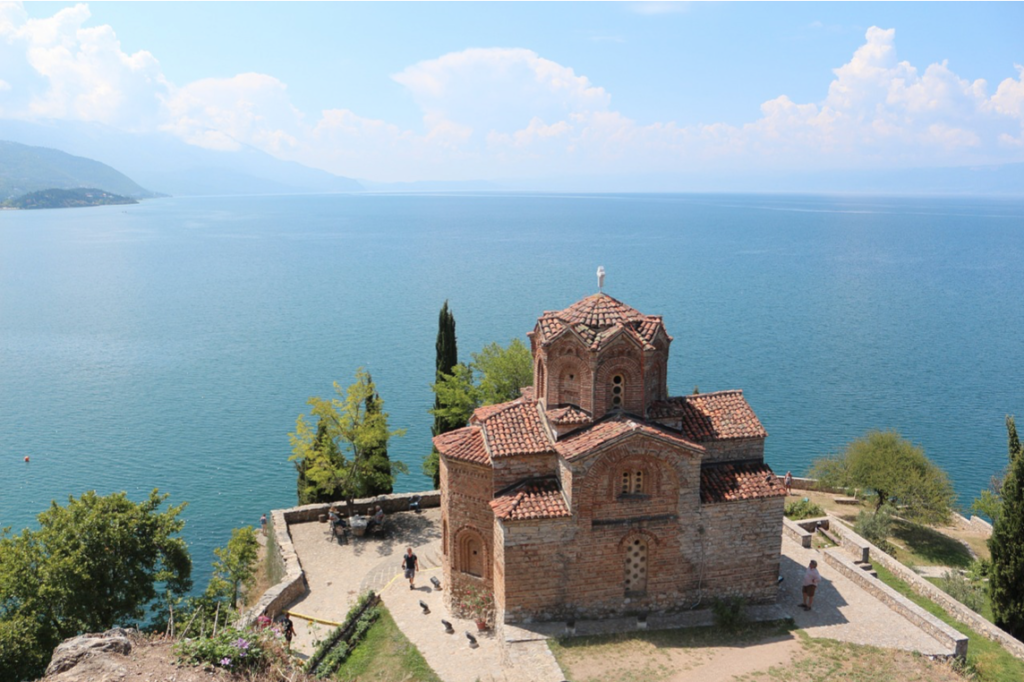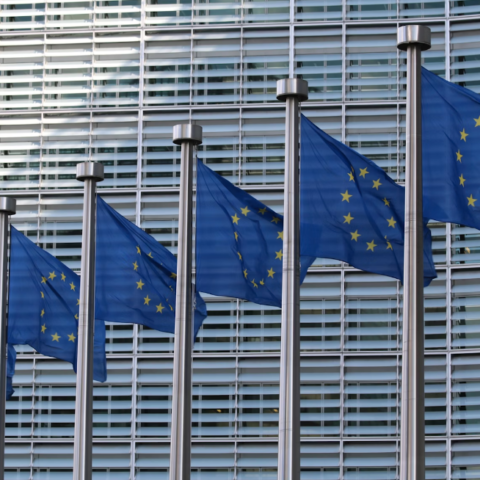By Zach Leggio and Mayerlyn Rivera
Edition 8: April 22-28

Upcoming
North Macedonia
North Macedonia will be holding their first round presidential election on April 24. There are seven candidates running for the position, but the most notable are Stevo Pendarovski, the incumbent president vying for a second term, and Gordana Siljanovska Davkova, who lost the 2019 presidential election to Pendarovski. The other candidates span a wide range of political ideologies, including two ethnically Albanian candidates, a significant minority in North Macedonia.
The major issues at stake are membership to the European Union, corruption, and fighting crime. North Macedonia has been a candidate to join the EU since 2005, previously barred by Greece due to a controversy over the country’s name. Now, membership is being blocked by Bulgaria, who demands that a Bulgarian minority must be recognized in North Macedonia’s constitution. Pendarovski’s official position is that European integration is necessary for North Macedonia’s future, and he publicly supports the constitutional change. Siljanovska Davkova is more euroskeptical, calling for heavy EU reform prior to joining, while maintaining public neutrality on the constitutional changes.
The president of North Macedonia is a largely ceremonial role, only responsible for appointing judges to the nation’s constitutional and supreme courts. An eventual victory by Pendarovski could see North Macedonia move closer towards EU membership, strengthening the bloc’s presence in eastern Europe. With there being a large number of candidates, the election is almost certain to require a runoff, which will be held on May 8, the same day as North Macedonia’s parliamentary elections.
Recaps
Croatia
Thursday, April 18th, Andrej Plencovíc came forth to announce that the HDZ had won the largest number of seats in parliament, 60, and would soon start negotiating with smaller parties for a coalition group. The Social Democratic Party (SDP) came short with 42 seats, a disappointing loss for the group in the context of Milancovíc’s efforts to be the prime minister candidate. There was an increased voter turnout by almost 15% compared to the last election in 2020. The SDP official representative, Pedja Grbin, expressed disappointment for the loss on Wednesday.
Since there is no set coalition, Croatia can look forward to a period of uncertainty for the foreseeable future. The competing far-right party, Homeland Movement, won 14 seats, potentially taking away seats that may have made this election more competitive between the HDZ and SDP. They have been clear in their indecisive nature when it comes to joining in coalition with either of the two larger parties, so we can expect the HDZ to take the next few months to form their coalition government that will be in power for the next four years.
Ecuador
The night of the 21st, the Ecuadoran electoral authority declared an early victory, despite only 20% of votes being counted, claiming that the pattern of results was irreversible. President Daniel Noboa took to X that Sunday evening to rejoice in the early victory of the referendum results. There was overwhelming approval for the nine referendum questions concerning tightening security, but this was not true for the remaining two concerning the economy. This will now entail Noboa releasing the army to fight gangs, which will lessen the obstacles to extradite accused criminals—raising humanitarian concerns—and lengthen the sentences for detained drug traffickers.
It’s important to note that these proposals go against the Ecuadorian Constitution, so it will require a final vote to approve the changes, and they would then be codified in the official registry. There is no timeline present for when this will happen. Analysts believe if Noboa doesn’t quickly take action with the approved referendum polls, the momentum and approval he’s accumulated will dilute. He has taken a similar model of combatting state violence to President Nayib Bukele, which may ensure his reelection next year.
Maldives
The Maldives held parliamentary elections on April 21. Although results are still preliminary, President Mohamed Muizzu’s party, the People’s National Congress, swept the elections, winning over 70 seats of the 93-seat People’s Majlis. The Maldivian Democratic Party, which has dominated Maldivian politics for most of this century, lost nearly 50 seats. The MDP has been in disarray since losing the 2023 presidential election to Muizzu.
Muizzu’s presidency has been defined by his relationship with China. Muizzu reversed many pro-Indian policies, including asking Indian security forces to leave the Maldives, and he has expressed interest in furthering investment from China through the Belt and Road Initiative. This election contributes to the widening geopolitical struggle between India and China, which has been the key issue in many 2024 Indo-Pacific elections, including the Maldives and India.
Photo Credit: https://pixabay.com/photos/macedonia-lake-church-religious-1002174/

